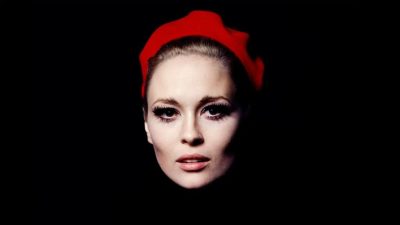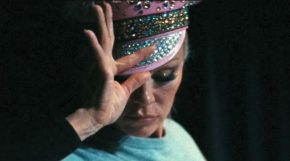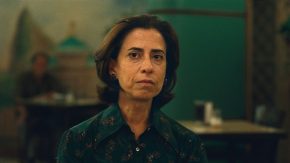The story of Pelléas and Mélisande embodied the ideal libretto for Debussy. The composer, who was determined to fight Wagnerism and follow the Impressionist line in music and especially in opera, was fascinated by Belgian playwright Maurice Maeterlinck’s play, which was presented in 1892. A true rebel, who valued only colours and rhythms in music and considered everything else superfluous, Debussy created an unprecedented work of his kind with his opera, which premiered at the Opéra Comique in Paris in the early 1900s. Now it will be staged at the Müpa Budapest in September with a cast of great foreign singers, directed by Iván Fischer.
Even at its inception, Pelléas and Mélisande was not without difficulties. Many years passed before it was staged, also because of Debussy and Maeterlinck’s clash around who should get the soprano role. While Maeterlinck had promised it to his mistress, Debussy had a completely different idea for the casting. Fans and foes of Debussy already quarrelled about the work even before it was premiered, and one student was reportedly dismissed from the Conservatoire for keeping a copy of the piece with him.
The premiere was still a major event in French musical life, despite the preliminary difficulties, and contributed to the spread of the Impressionist style of music. The composition is characterised by a number of innovative musical techniques, most notably in the sophisticated representation of timbre, textures and moods.
When Claude Debussy was looking for a libretto for the opera he was preparing, he once said:
“I dream of a poetry that does not condemn me to devise long, ponderous acts; a poetry that offers scenes that are mobile in terms of place and characters, and that allows the characters to surrender to life and destiny instead of ranting.”
Maeterlinck’s work, also recognised with the Nobel Prize, was a perfect basis for this. It is a prime example of symbolism, and its viewers must be open-minded enough to enjoy it. Debussy had a particular vision of the genre of music and opera:
“Music is too dominant in opera. There is too much singing, the sets are distracting. … There should be no conversation or discussion between the characters, I rather see them as being vulnerable.”
Yes, readers may now be wondering what kind of opera this Pelléas and Mélisande is. One where Debussy called the cast together before the premiere and begged them to forget that they were singers. In this piece, the characters use a kind of singing language. Both the figures and dramatic dynamics were also new compared to earlier operatic works. The characters do not follow the traditional stereotypes of the operatic hero and heroine, but present a more realistic and profound human behaviour.
Listen to the opera here:
Do you feel how different it sounds from usual ones? It’s pure, it’s flowing, it’s drifting, it’s mysterious in places, and you can feel all the time that the emphasis is really on the melodies, nothing to distract you from the beauty of Debussy’s music.
One might legitimately ask how it is possible that Debussy did not complete more operas. The answer to this question is given by Debussy himself in his introduction to Pelléas and Mélisande, in which he admits that after several attempts he almost gave up the idea of composing an opera.
“I wished music to have such freedom to which it is probably better suited than any other art form, in that it is not bound to reproduce nature exactly, but rather committed to the mysterious relationship between Nature and Imagination.”
Pelléas and Mélisande focuses primarily on the expression of atmosphere, emotion and nuance, eschewing the traditional operatic heroics and the fierce drama of its characters. Together, the orchestra and soloists create the atmosphere and depth of this opera.
A tragic love is the focus of the story, around which Maeterlinck weaves mysterious motifs: forest, well, ring, hair and light, all with mysterious meanings and mystical charms. To all this, Debussy brilliantly selects the melodies to transport us to a very special world.
And let’s not forget that the performers are also worth seeing: there will be world stars such as Bernard Richter, Patricia Petibon and Tassis Christoyannis.
You can get your ticket here!
Article: Anna Rácz
Translation: Zsófia Hacsek



























Comments